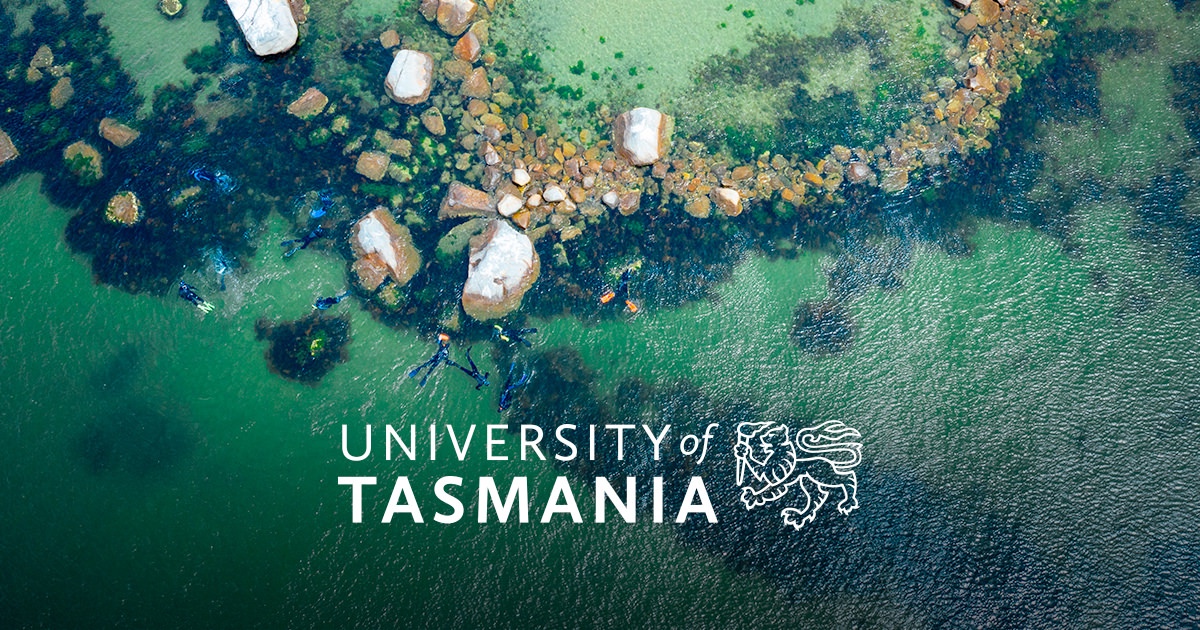
New Report: Unique QLD wildlife threatened by climate change
CLIMATE CHANGE IS hurting green turtles in northern Queensland, putting the population in grave danger, a new report from the Climate Council has found.
“The northern Great Barrier Reef is home to one of the largest green turtle populations in the world,” said Climate Councillor and lead report author, Professor Lesley Hughes.
“In the northern areas of the Great Barrier Reef, recent surveys show that ninety-nine percent of the newly hatched green turtles are female, due to increased temperatures of the sand where the eggs are laid. Increasing ‘feminisation’ could have devastating impacts on turtle populations,” she said.
The Climate Council’s new report also looks at the effects of rising temperatures on bleaching on the Great Barrier Reef, mangrove mortality in the Gulf of Carpentaria and the recent mass die-off of spectacled flying foxes in Cairns, killing one-third of the entire species in just 48 hours.
“Queenslanders are living with the impacts of climate change right now. This latest report follows unprecedented spring bushfires in the state with blazes scorching through World Heritage rainforest areas,” said Professor Hughes.
KEY FINDINGS
Green turtles are in grave danger because the animals hatching in the northern Great Barrier Reef are 99% female due to warming. The complete ‘feminisation’ of the population may occur in the near future with disastrous consequences.
Australia is home to more than a million species of plants and animals, yet our track record on conservation is woeful; climate change is making it even harder to protect our natural ecosystems and unique wildlife.
Australia’s high greenhouse gas emissions are contributing to increasingly severe changes in the climate system, which means further deterioration of our environment is inevitable.
“Australia’s ecosystems are being transformed before our eyes. Already bruised and battered by land clearing, development, and invasive species, climate change is adding insult to injury,” said Professor Hughes.
“Australia needs to take a far bolder approach to conservation to ensure our species and ecosystems are as resilient as possible to accelerating extreme weather,” she said.
“Australia’s environment is at serious risk, and at this rate of decline, future generations will miss out on many of our unique natural wonders,” said Professor Hughes.
“The Federal Government is standing by while Australia’s unique ecosystems and wildlife are decimated. We must drastically reduce our contribution to climate change by phasing out fossil fuels and implementing a credible climate policy across all sectors,” she said.







